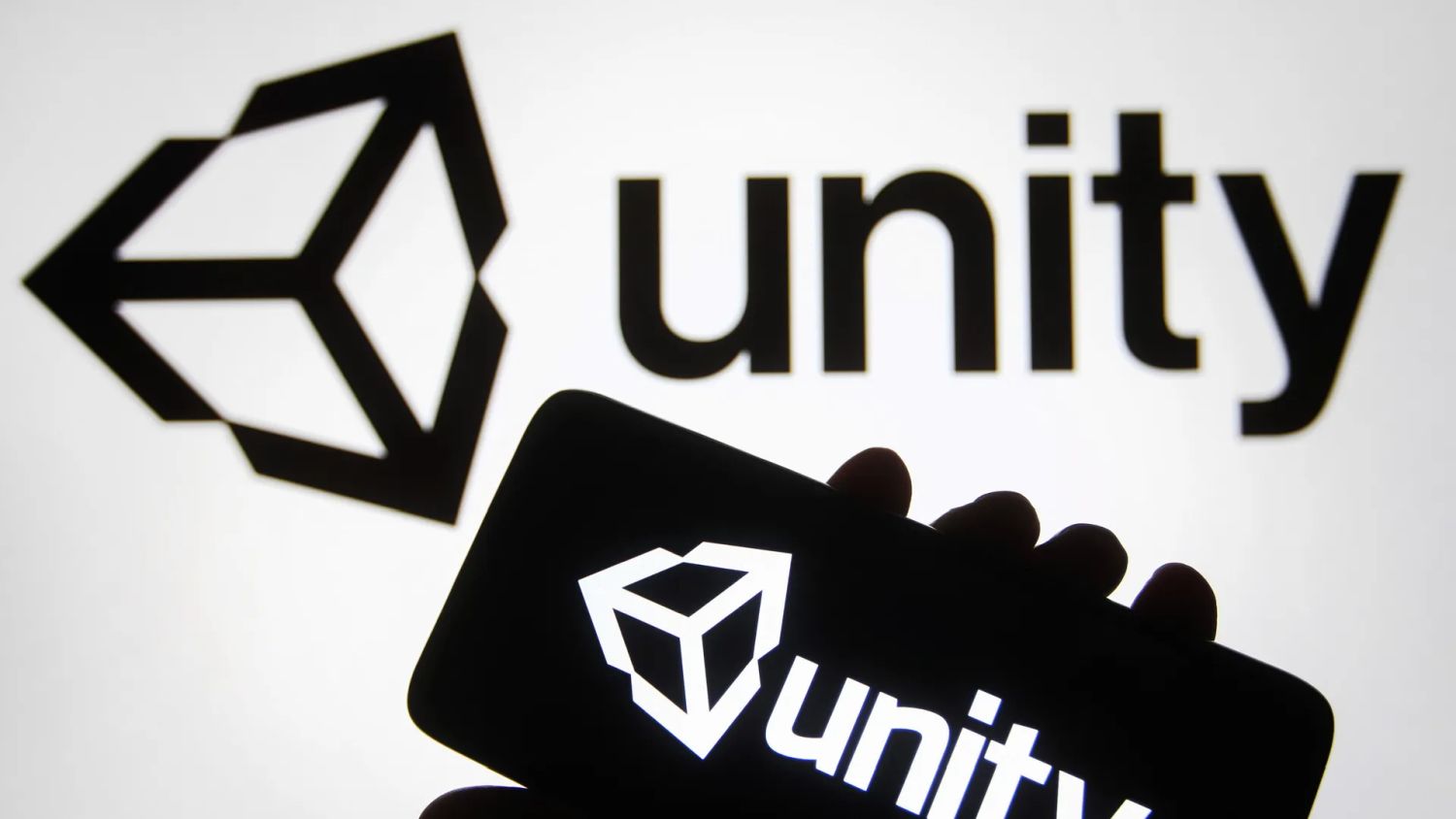Unity is officially scrapping its controversial runtime fee model, a full year after developers that use its engine revolted. Right now, the maker of its self-titled game engine is shifting its focus on its seat-based subscription fee, whereby customers make an annual payment for each person using its software at a studio. It is also raising the price for Pro and Enterprise users.
It’s been a hot minute since it happened, so here’s a quick recap: back in September last year, Unity surprised the game developer community by announcing that it would change its fee scheme to a flat rate based on how many games were installed by a consumer on their PC. That new plan went into effect at the start of 2024, and it would only charge developers based on the activity after the allotted date and based on their subscription status. For example, if a Unity Personal subscriber were to make US$200,000 (~RM862,800) before 1 January 2024, they will technically be charged for any installs made after the date.

It doesn’t take a genius to see that this new pricing modal was going to draw a lot of ire from developers and game studios, especially those who use the company’s game engine. While less popular than Epic Games’ Unreal Engine, Unity found a place amongst popular indie game studios such as Slay The Spire developer, Mega Crit. Ironically, it was that very studio that became one of the first to speak out against the game engine’s pricing scheme, and in no uncertain terms to boot. “We have never made a public statement before. That is how badly you f***ed up.” was what it said.
Unity did eventually apologise for the pricing model a few days later but the damage had already been done. Its then-CEO, John Ricitiello, left the company a month after and not long after, the company also laid off 265 workers. In January this year, it laid off a further 1,800 people, a quarter of its global workforce.
Follow us on Instagram, Facebook, Twitter or Telegram for more updates and breaking news.



